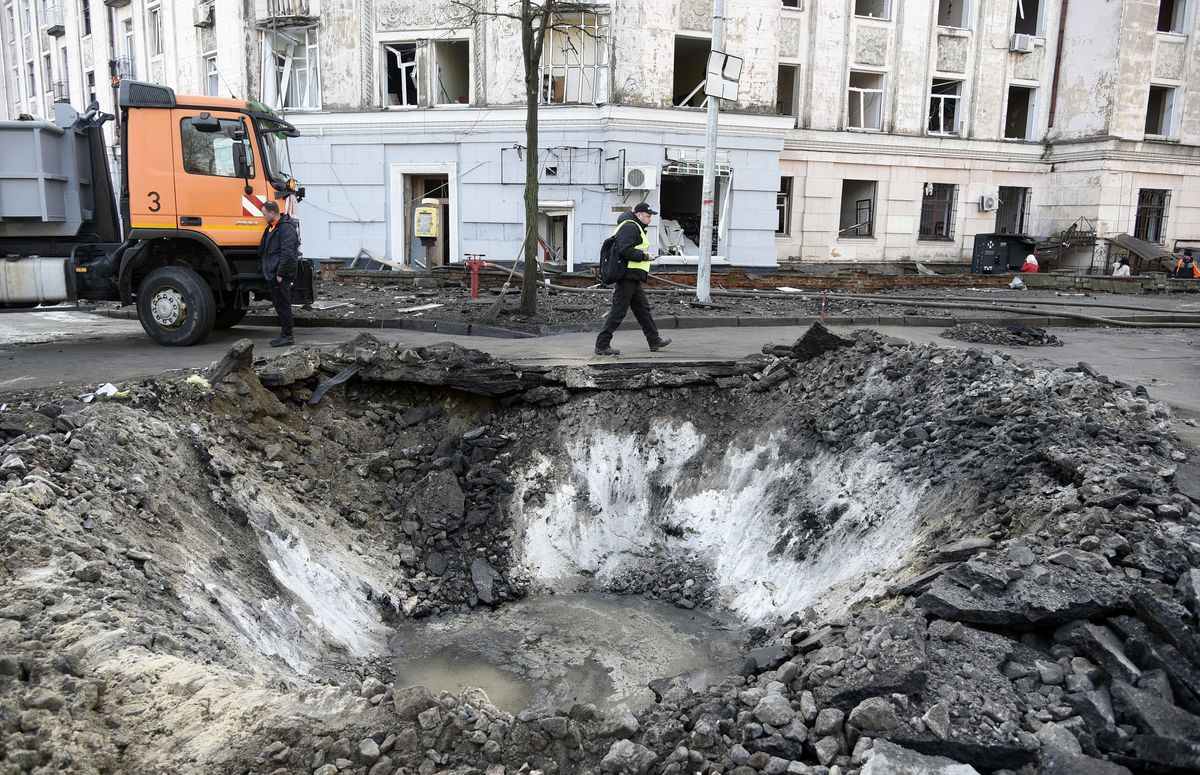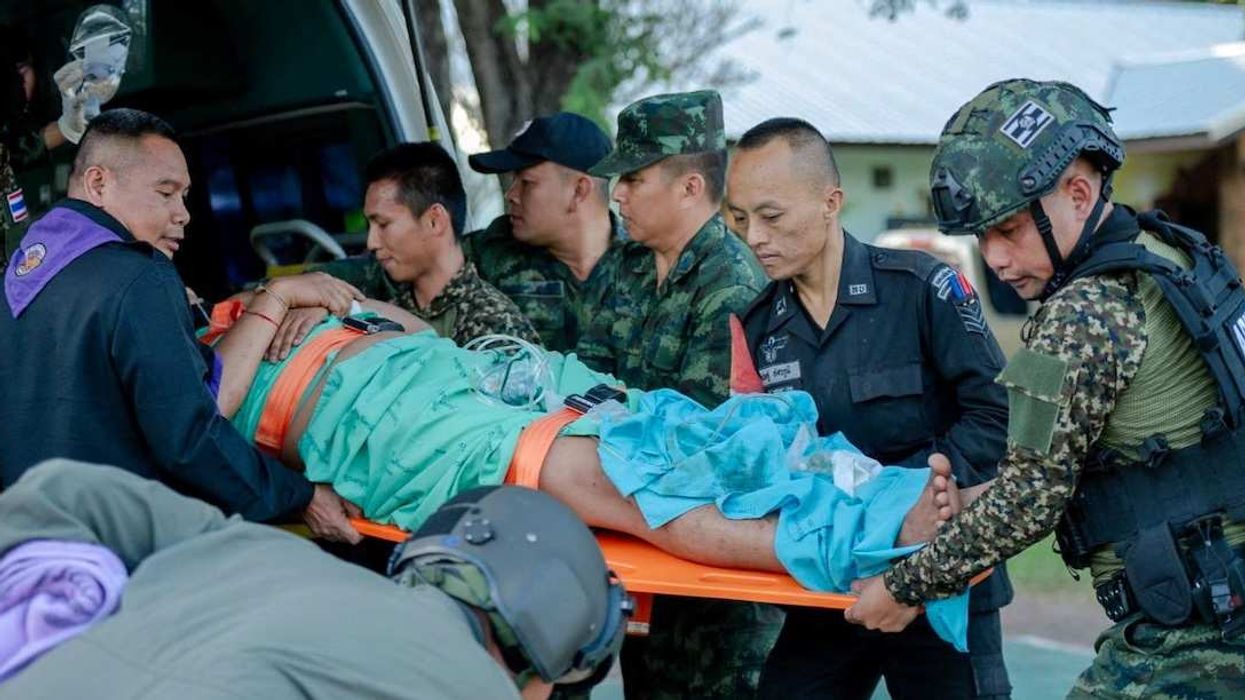On Thursday, Kyiv experienced its largest missile attack in weeks. The Ukrainian Air Force successfully shot down all 31 missiles, but falling debris still injured 17 individuals and damaged schools, homes, and infrastructure.
The attack comes after Russian President Vladimir Putin accused Ukraine of attempting to disrupt the Russian presidential election and warned that he would retaliate.
It is also at a time when Russia is taking the military and financial upper hand as US aid to Ukraine is delayed by political gridlock in Washington. The White House promised Ukraine a meager $300 million in military assistance last week. Meanwhile, Thursday’s attack cost Russia $390 million – less than 1% of the taxes paid by international companies to the Russian budget since the beginning of the full-scale invasion.
National Security Advisor Jake Sullivan visited Kyiv on Thursday to reassure Ukrainian officials that the full $60 billion aid package would soon be passed by the US House of Representatives. But he did not give any specific timelines. The bill, which also includes aid to Israel and Taiwan, has already passed in the Senate but has been stalled by Republican House Speaker Mike Johnson and is not expected to come up for a vote until mid-April.
Ukraine is facing critical shortages, and there is growing concern that without increased military and financial aid from allies, Russia could potentially gain an advantage by summer.



















